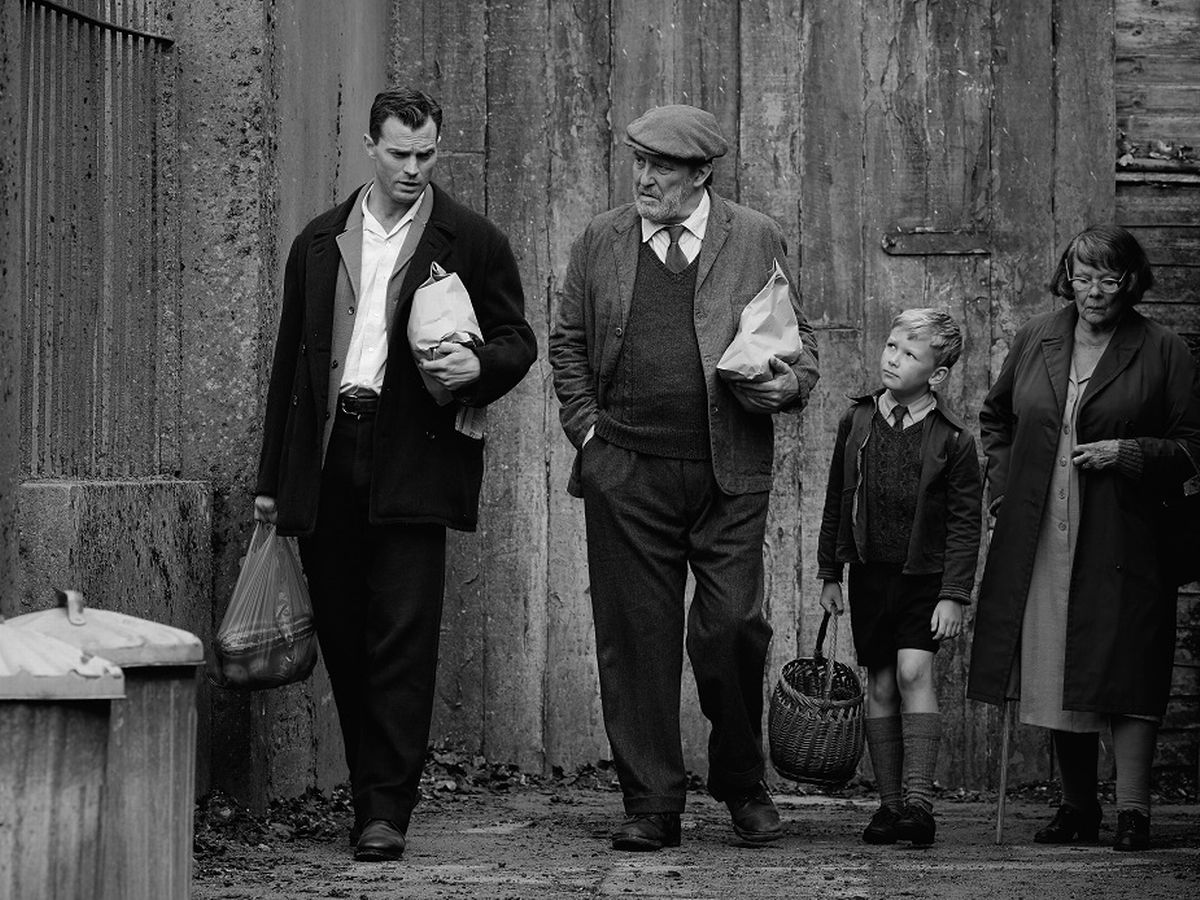Kenneth Branagh, the accomplished actor and filmmaker who knows his way around an entertainment, was once thought the heir apparent to Laurence Olivier and a master of “revisionist” Shakespeare, a sort of art-house wunderkind with an ear finely trained for the Bard’s populist flourishes.
And while his immediate adaptations Henry V, Hamlet, Othello, Love’s Labour’s Lost, Much Ado About Nothing and As You Like It supported this early career notion, it turned out that Branagh— with classical origins (he studied at the Royal Academy of Dramatic Art) and a showman’s heart—was dexterous across nearly all movie genres. A few decades on and scores of accomplishments to his credit, his early career noir thriller Dead Again, grandly florid Mary Shelley’s Frankenstein, intimate Peter’s Friends and spirited Marvel outing Thor remain high points from this storied, versatile artist.
As an actor, Branagh has done it all, especially impressive in his performances as the towering Danish prince in Hamlet, iron-fisted Aboriginal “protector” in Rabbit Proof Fence, rousing Prince Hal in Henry V, S.S. official in HBO’s Conspiracy (for which he won an Emmy), Olivier himself in My Week with Marilyn, heroic commander in Dunkirk, wily Hercule Poirot in his adaptation of Murder on the Orient Express and an uber-sadistic international supervillain in Tenet.
He’s now made his most personal picture yet in Belfast, a decidedly small-scale memory piece about a formative period of Branagh’s young life circa 1969 Northern Ireland during the conflicted era of The Troubles, a clash between Protestants and the Catholics where religion was not quite at issue, but a dispute between those wishing to remain part of the U.K, and those who sought independence. It was fought by civilians, British security and paramilitary factions, and it divided citizenry, many of whom fled the crossfire.
While this conflict is the backdrop and catalyst for Belfast, Branagh has crafted a charming and affectionate movie about the age-old dilemma of whether to stay or leave home, and life as you know it. In the center is nine-year-old Branagh surrogate Buddy (Jude Hill), in the middle of dual war zones, both on his formerly harmonious block and within his household, as his Protestant parents (Jamie Dornan, Catriona Balfe) align with their Catholic friends and neighbors, to rising threats and intimidation. Amidst this backdrop, Buddy nurses a big crush on a pretty schoolgirl (Olive Tennant). When his concerned parents suggest leaving Belfast for the safety of England, he won’t hear of it since his love has yet remained unreturned.
The family also includes an older son, Will (Lewis McAskie), of less consequence to the story, and the endearing, live-in grandparents, played to perfection by Judi Dench (spry as ever and stealing every scene with zingers about men and her husband) and a warm Ciaran Hinds, imparting life lessons.
An actor’s director, Branagh expectedly gets superb performances. Dornan, as the father who works as a laborer in England, a necessary evil to pay off a looming debt, is superb. And frustrated mother Balfe—luminous and sad in scenes of confidence between husband and wife—is excellent as the put-upon mother surrounded by escalating chaos, concerned for the family’s future.
Branagh expertly mounts two moments that likely illustrate the origins of his passion for the arts, both rendered in vivid color within black-and-white scenes. The first is a stage production of A Christmas Carol and the next a family outing to see Chitty Chitty Bang Bang, of all things, and both sequences come to life with a vibrant palette suggesting that, for young Buddy, a multidimensional portal of artistic inspiration, or at least escape, has been opened; nostalgic and foundational experiences.
Belfast has a fine feeling for the locations, byways and alleyways of Jude’s home turf, and there’s a lovely motif of looking into and out of windows from home and outside. While the trouble outside is depicted as hair-trigger dangerous, the film is not grim, its chief pleasures derived from a perspective of childlike innocence, not yet lost. Movies about a child’s perception of war usually always work, from Hope and Glory to Come and See (perhaps the most harrowing) to Au Revoirs, Les Enfants and many more. Belfast is no exception.
As a love letter to youth amidst a war-torn milieu and a chronicle of a childhood in tumult, Belfast, a black-and-white movie reminiscence, will be compared to Alfonso Cuaron’s Roma, which took a similar approach and was vaulted as an object of high art that divided critics and commercial audiences. By contrast, Belfast is the more accessible entertainment, clocking in at 97 minutes and perhaps the breeziest, warn-torn adolescence film in memory.
3 stars.



